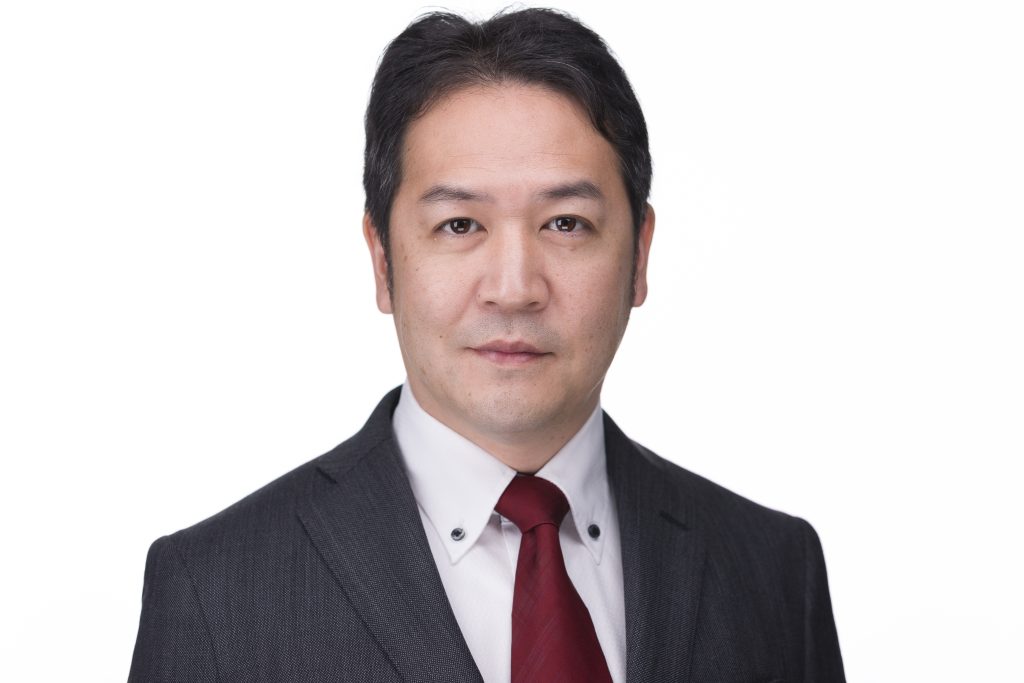Yasu Takahashi, Managing Director, Ricoh Australia, talks to us about his most memorable achievement, how he started in technology and what he does to unwind.
What would you describe as your most memorable achievement?
I took over the role of managing director at Ricoh Australia in early 2021, with a remit to drive the business’ transformation from traditional print vendor to ICT services provider in this part of the world. At that time, local revenue was static, Covid was raging around the globe and shortly after I touched down in Sydney and completed my hotel quarantine stint, New South Wales went into lockdown. I couldn’t meet my new colleagues for several months or bring my family over to join me as quickly as we’d hoped. Despite the various trials and tribulations, I’ve succeeded in revitalising the local operation, optimizing our outgoings, margins and profits and bringing our team together around a shared vision for the future.

What first made you think of a career in technology?
I studied commerce at university in Japan but I’d always wanted to work for a technology manufacturer. The idea of selling products and solutions that helped people and added value to businesses attracted me so when the opportunity to join Ricoh as a sales rep arose, I leapt at it. I’m grateful for the opportunities Ricoh has given me, to learn and grow, professionally and personally, and to experience expat life in other countries.
What style of management philosophy do you employ with your current position?
As I’ve risen up the ranks at Ricoh in the Singapore and US offices, I’ve tested different management styles and come to the conclusion that a democratic approach is the best fit for my personality. I try to involve my leadership group in the decision-making process as much as possible. Canvassing their ideas and opinions helps me make the best choices for the business.
What do you think is the current hot technology talking point?
AI without a doubt. It’s a recurring theme in conversations with customers, colleagues and partners and there seems to be a strong sense that if organizations don’t get into the area quickly, they’ll lose a valuable business opportunity. I’m not sure adopting AI is as simple as it sounds. As we ICT industry veterans are well aware, if technology isn’t matched to a business requirement, its usefulness will always be limited.
Determining how AI can be commercialized and incorporated to optimize operations and create genuine business value is the challenge that will be exercising leaders’ minds in the next couple of years.
How do you deal with stress and unwind outside the office?
Spending time with my family is the most precious thing. We’ve lived the expat life for the last 15 years and that means moving around every four or five years. The upside of doing so is that you’re able to experience different countries and cultures but the downside is that your personal and social networks can be limited when you arrive in a new environment. The family bond strengthens in those circumstances, or at least it has in our case. We love hanging out together on weekends, going shopping and getting involved in my daughter’s sporting activities. My other stress release is running. I’m not a serious athlete but I love the way getting out on the road disconnects you from everything. I’ve set myself the goal of taking part in some organized events this year and that’s helping me stay on track, training-wise.
If you could go back and change one career decision, what would it be?
This is difficult for me to answer. My career has taken me into different markets and regions and progressively senior roles. I feel very fortunate to have had those opportunities and, the fact is, I’ve done exactly what I wanted to do! I did wonder, two years ago, whether I was biting off more than I could chew when I took on the managing director role for Ricoh Australia but, looking back now, it was absolutely the right decision.
What do you currently identify as the major areas of investment in your industry?
Cybersecurity has experienced growing demand in recent years, Hybrid working solutions are also hot right now. Organizations realize they need to keep offering workers the flexibility they enjoyed during Covid and they’re looking to invest in tools and technologies that optimize engagement and productivity, regardless of where their teams are located.
What are the region specific challenges when implementing new technologies in APAC?
Based on my experience working in Ricoh’s Singapore office, I would say language and culture. You’re covering 15 or 20 countries and they all have different customs and ways of dealing with partners and suppliers. That’s not such an issue if you’re selling hardware out of the box but when it comes to services and solutions, it can make things tricky. Levels of digital maturity vary considerably and so do regulations, particularly around things like data privacy. Bottom line: you can’t have a single APAC strategy. Everything needs to be modified to meet the needs of the market segment you’re targeting.
What changes to your job role have you seen in the last year and how do you see these developing in the next 12 months?
Business as usual hasn’t been a thing since I arrived in Australia! My job here has been to effect change – to help Ricoh transform from print vendor to digital services provider – and that has meant saying goodbye to old ways and embracing a new mindset and different ways of working. That journey will continue over the next 12 months.
What advice would you offer to someone aspiring to obtain a C level position in your industry?
The speed at which things are changing is increasing and the only way to keep up is to be adaptable and flexible. Try to amass a range of experiences and don’t be afraid to seize an opportunity when it presents. Stretch yourself and do things that are outside your comfort zone. Having a good mentor or several can make your journey smoother and more enjoyable. I’ll always be grateful to the Ricoh CEO in the US, for the wisdom and perspective he shared with me during the time we worked together – it’s incredible how one individual can impact your career and the way you think.


